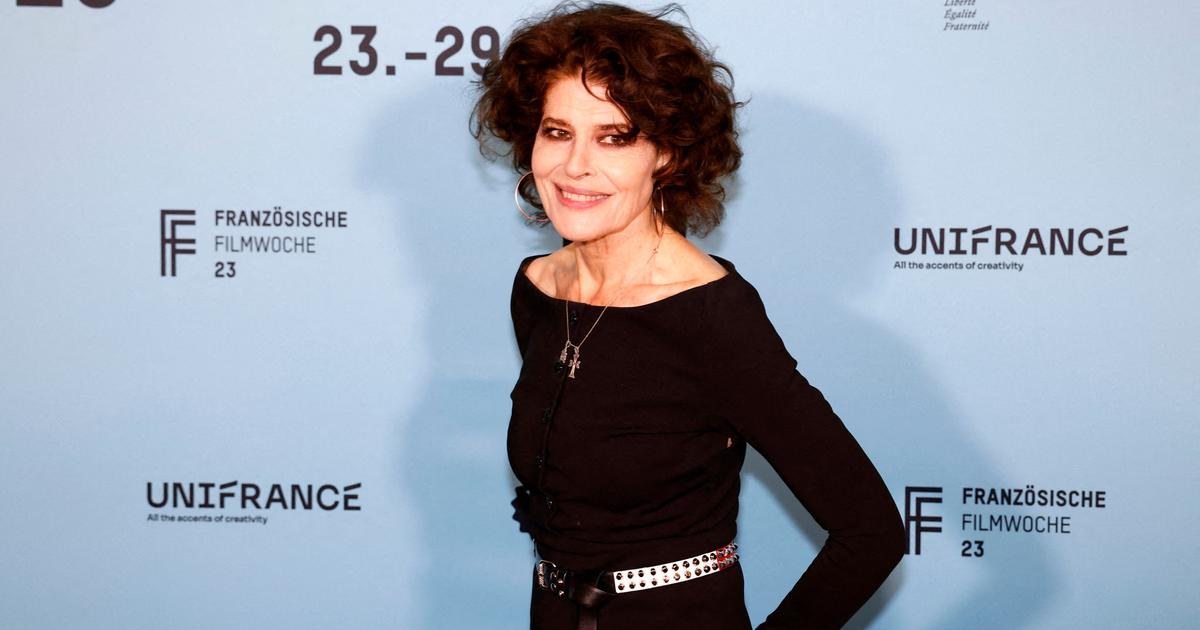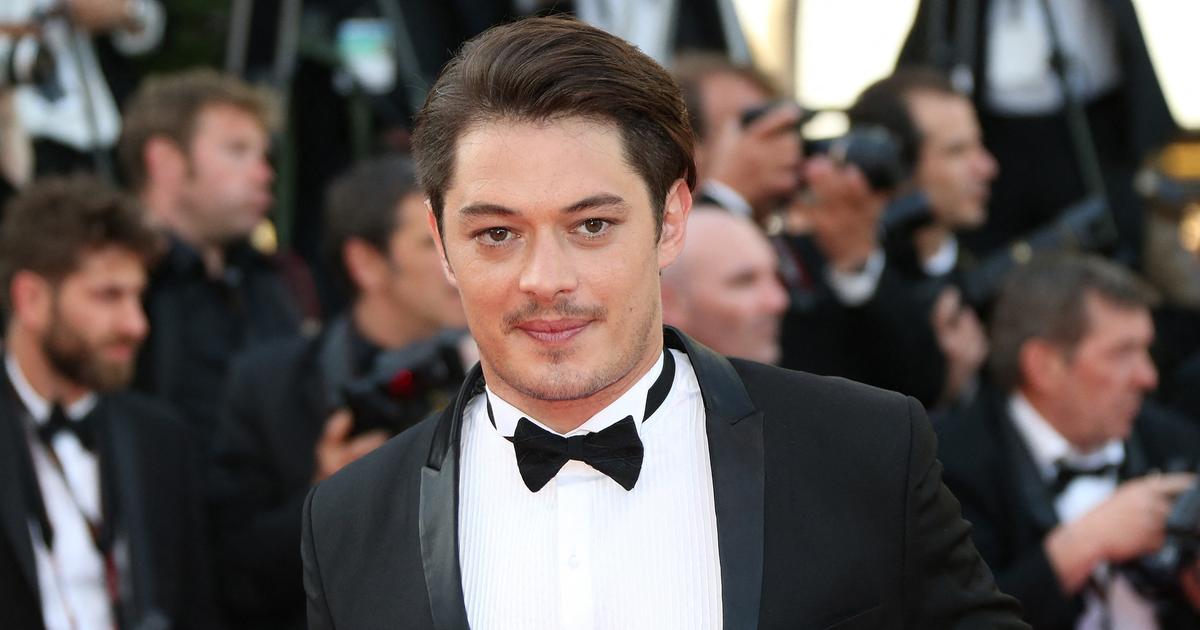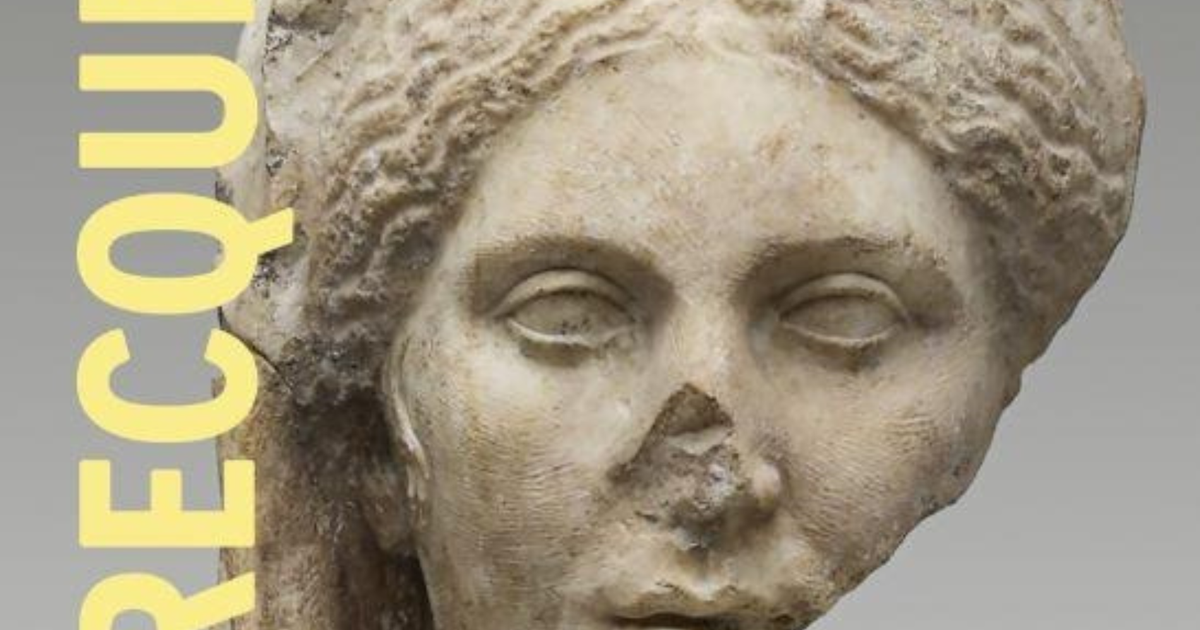Ramón Barea (Bilbao, 73 years old) is a total actor.
With half a century in the theater and more than three decades in the cinema, this frank and lucid native of Bilbao has acted in more than 150 films and short films.
He is one of those luxurious secondaries to which Spanish cinema owes so much when it comes to reaching levels of excellence.
He was nominated for the last Goya awards for his role in
Cinco lobitos.
He didn't win it.
“
I'm used to not going into the glory moments,” he says.
More information
'Five little wolves': the joy and torment of being a mother in a prodigious film
Ask.
A career like his and it was the first Goya nomination...
Answer.
I ask myself if I have the feeling that I have not been considered enough in this life.
And I don't believe it at all.
I have not cared about this matter.
My greatest prize is permanence.
My greatest joy is that a guy like me, without a representative and who has gone down, is called to make movies.
I don't mind being the lead, half lead, secondary, cast... I don't have a representative behind me who blows in my ear and says: 'Don't lower the bar'.
I am used to the fact that the greatest gift is having had a permanent job in theater, film and television.
I don't change it for any prize.
I don't know what mechanisms work in academics.
I know mine.
I only hope that one day in this society in which we live, the competition will end once and for all.
Maybe it's a utopia
but just as smoking has already stopped or feminism is changing patterns of behavior, maybe it can end with the fact that one has to win and another lose.
And think of something more supportive and joint, more promotion.
Q.
Don't you like to see yourself competing with other colleagues?
R.
It seems very strange to me.
If they had given it to me, my speech would have been: “Comrades, it's not that I'm better than you.
Is a lie.
We are all very well.
It's just that I've been around for a while longer and they end up growing fond of me”.
But, well, the prize was very well given.
It has been a wonderful harvest.
Hopefully it can be not only five options but ten.
That the ceremony was a great advertisement for Spanish cinema, in a very different way from the competition.
Maybe one day we will be surprised to think of this format as now we are surprised to think that it was smoked in Parliament.
Q.
The nomination was for his role as a father in
Cinco lobitos
, a man cared for and overprotected by the women in his house.
Did he feel identified in that masculine role?
R.
I believe that this female life line, which has to do with birth and death, is real.
It has to do with care.
The priests do not go to care for the sick.
The nuns go
It is the woman at home who gives life and maintains.
In my generation it has always happened.
I am a father and grandfather.
And there were points of connection with the film and with me.
I feel observed.
I was telling Alauda [Aluada Ruiz de Azúa, director of the film].
The character made me notice things.
Alauda's look is from the woman.
And it's clear that I recognize myself in that character, just as I recognize my daughters in the women in the film.
P.
Cinco lobitos
is directed by Alauda Ruiz de Azúa.
Throughout her career she has worked with up to eleven female directors.
What do you think of this new wave of female filmmakers who are constantly on the rise and who are renewing Spanish cinema?
R.
There is a feminine look and waiting to materialize.
They say that stupid thing that you don't have to look to see if it's masculine or feminine, but good.
You have to look at it.
Women have been losers because of a cultural roll.
Men belong to that roll.
No one is born a feminist, but you have to learn.
Women's cinema is real and there is a different way with them of approaching work.
I think there will be a paradigm shift.
In the movies, in the type of characters, in the relationships... There is a future in directing, scriptwriting and producing... Just one consideration: the academy is still made up of many more men than women.
That spring is there like others, such as the Catalan or Madrid vote.
Very strange things work that make illogical things happen.
The prizes then are relative.
Q.
Does the Film Academy have to change?
A.
It is inevitable.
We dragged all the previous journey in which this was a trade for men and women were in auxiliary work.
They weren't into the creative roll.
If you notice, the winning movies are very guy.
The jail roll by
Modelo 77
or the Galician western by
As bestas
.
They are in front of
Cinco lobitos, El agua
or
La Maternal.
The hard ones and the fights win because they seem more cinematic than those that are about having children and not knowing what to do with it or raising a family.
It seems less cinema for the Academy.
Q.
You were also the protagonist of the short film:
La entrega
.
It is about an elderly man who has a hard time leaving home and on top of that suffers from the digital divide.
At 73 years old, is he close to this character?
R.
The pandemic marked us all.
The fear of fear is terrible.
He showed us the level of cruelty that you can have with older people.
We don't remember now, but the asylum issue was terrible.
I felt old.
I don't feel it, but they made me feel it.
Some film and television producers have proposed removing risk groups, such as the elderly and children, from the scripts.
In order not to stop production, they made us feel that we were left over.
I already have an age, it is true, but society has not resolved it.
Extending life generates a relationship that is unresolved in this society.
It is not known what would be the formula to be all happy.
Interested that you die before.
Q.
Precisely, you once said that you wanted to direct a film to talk about old age.
R.
I have in mind making a film that reflects my father, who was long-lived and lived 97 years.
He had an optimistic outlook on life.
He was a happy old man who saw the funny side of incidents.
At least, he was relatively happy that he had such a huge desire to live.
I want to make this film with a happy old man or woman, who could approach life with an optimistic relationship.
That would be my movie.
Q.
Your father had a music academy and you spent your childhood surrounded by people performing.
R.
Seen from the perspective of now, my father was tremendous.
He was a Navarrese musician.
He played in orchestras and in churches.
When he came to Bilbao, he set up an academy.
He was an entrepreneur.
The house was an office and I was a child surrounded by people.
He lived with infinite childhood terrors like a man coming out of a closet or from under the bed because he didn't stop seeing people at home.
I have precious memories of my father as an open man.
He never gave me any problem to be an actor.
His only question was always whether he was well off money.
When he stayed with me rehearsing at the youth club at night, he would show up with a bun or sandwich so I wouldn't go hungry.
Ramon Barea, in Bilbao. Fernando Domingo-Aldama
Q.
When you were young, you took popular theater throughout the Basque Country with an itinerant platform.
What drove him in those years?
R.
I remember years of effervescence and social policy.
Francoism was over.
An ugly time was leaving and we were on our way to another phase.
Neighborhood associations were one of the few things that were beginning to be allowed under Franco at the end.
There was all the rojerío and we did plays and recitals in churches of worker priests, in towns and in fish markets.
We told things demanding anti-nuclear issues, anti-torture... At 20 years old, you think you're the king of the world or of the mambo and we thought we were going to make a revolution with the theater.
What led me to it?
I have no idea.
I was a compulsive theater viewer as a teenager.
And even though I swore to myself that I would not do theater after feeling ridiculous dressed as an Andalusian shepherd boy with a Cordovan hat in a school play.
But he was always a spectator.
Below was a shy boy trying to channel that pathology through theater where he saw powerful people on stage.
And disguised [laughs].
My mother did not admit that she would dedicate me to it even when she had already been seven or eight years old.
She asked me: 'How are you at the office, José Ramón?'
Q.
And now you are taking the novel by Pío Baroja,
La lucha por la vida, to the stage as a playwright.
R.
I have always wanted to worship the classics, for a claim and also for pure play.
We wanted to do the
Blood and Fire project,
by Chaves Nogales.
We speak with the one who represents the heirs.
We had difficult conversations and he was very reticent.
Later, we discovered that he was selling the rights to an audiovisual project.
The text was cut and I proposed Pío Baroja.
José Ramón Fernández and I accepted the challenge of discovering the theatrical part of Baroja, very
Brechtian.
without him knowing.
He creates heroes that you don't quite identify with in the fight for life.
Sometimes, they break all moral and ethical standards.
I like that disbelieving part.
More now that they are requested, after the pandemic, only happy endings.
In addition, I was a reader of Baroja as a young man, from when he was a member of the Bilbao library.
I felt him close.
And it was pending to recover it because in this country, if you are contradictory, like Baroja or Unamuno, you are already crossed out.
You have to be from a political party or side.
It is unfair.
01:47
Trailer of 'Five little wolves'
The actresses Susi Sánchez and Laia Costa, in a still from the film 'Cinco lobitos'.
Q.
Is it true that you came to the movies because Imanol Uribe was looking for very Basque Basques and you appeared?
A.
That's right.
It was for
La fuga de Segovia,
which was about Basque prisoners.
She was looking at doing it with Basque actors and went to our theater venue.
At first glance, she told Benito Rabal, Paco Rabal's son and assistant director: 'Aim, we'll keep the bald one and the one with the mustache'.
The bald one was Álex Ángulo and the one with the mustache was me.
It was my first film and I thought the last.
Then I haven't stopped.
Q.
What essential difference exists between facing a film and a play?
A.
I find it just as exciting.
One thing makes up for the other.
The theater requires a lot of time for rehearsals and tests and there are even crisis processes with your own resources.
In the cinema, you already go with your homework done and you risk it on a day of filming.
In the cinema, you don't control anything because the end result is always up to the director.
You never know.
In the theater, you do know as soon as the curtain rises.
Q.
What advice would you give to a newcomer to this interpretation?
R.
If they love it and want it, let them insist on it.
It is not a career that advances regularly, progressively according to logic.
It is very illogical in the jumps, in the successes and failures, in the quality of the work.
It takes stubbornness and endurance.
There are no great people they come to discover.
This is about working, generating your own work and promoting it.
Obstinacy is the greatest recommendation for someone who is starting out, knowing, as Nuria Espert says, that acting is a very demanding pimp.
I have been a stubborn.
I have looked for permanence gaps.
P.
Retire not retire?
R.
It is that one retires to do what he wants and I cannot imagine a retirement in which he does not do anything in the cinema or theater.
My greatest happiness is being able to continue working and not realizing how old I am.
I'm still lucid enough to make everything work.
Retirement scares me.
Sounds like a disorder to me.
If my job was horrible, I would have retired by now.
Acting is a magnificent state of joy.
Q.
Where you don't move from is Bilbao...
R.
Always in Bilbao because I have always ended up coming back.
Madrid seemed like a jungle to me at first, but then I reconciled a lot with the city.
It was when I lived on Argumosa street and I always saw someone, even though I didn't stay at the parties.
People who know me know that Ramón doesn't go to the end-of-shooting party because Ramón doesn't drink and he drinks his first pineapple juice and begins to not understand his colleagues.
Madrid is a maelstrom, but it has a very good reception point.
Subscribe to continue reading
Read without limits
Keep reading
I'm already a subscriber

/cloudfront-eu-central-1.images.arcpublishing.com/prisa/UZEPXR2RF5BKDHXGL3TSGICPDQ.jpg)
/cloudfront-eu-central-1.images.arcpublishing.com/prisa/MJVL5J2345DBNN3QT2HIZZHSHI.jpg)

/cloudfront-eu-central-1.images.arcpublishing.com/prisa/JOUHOYP5TZF3RFHSGHG2XJTTLY.jpg)




